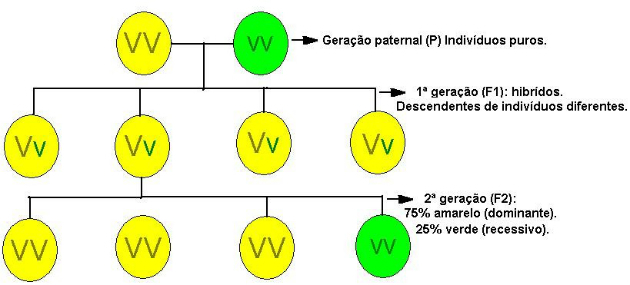Vaccines are substances made from disease-causing bacteria or viruses, and their main function is to stimulate our immune system to produce antibodies to fight a certain antigen and thus keep our bodies free from disease infectious diseases. We say that vaccines are a form of active immunization, since it is our own body that produces antibodies for its defense.
Unlike traditional vaccines, DNA vaccines have the ability to generate an immune response cellular and humoral, and it is based on the use of sequences of genetic material of the desired agent fight. When this vaccine is administered to a person, the DNA is recognized by their cells, which begin to produce substances that would normally be produced by bacteria, viruses, or any other agent, causing the host organism to recognize and produce immunity against these substances, thus creating a memory immunological.
When compared to traditional vaccines, DNA vaccines have more economic, technical and logistical advantages, as they have simpler quality control, they do not need refrigeration for transport, as they are temperature stable. environment; have low production and maintenance costs, among others. Another advantage of these vaccines is that they stimulate the production of T lymphocytes, responsible for identifying and killing infected cells.
Do not stop now... There's more after the advertising ;)
The main disadvantages of DNA vaccines are: difficulty in recognizing, selecting and correlating all the parts of the DNA of the agent that one wants to fight; possibility of inducing an autoimmune disease; integration of DNA into the host chromosome, causing mutations that could lead to cancer; and induction of host tolerance to substances stimulated by DNA.
DNA vaccines can be administered by different routes, but intramuscular injection is the most used form.
By Paula Louredo
Graduated in Biology
Would you like to reference this text in a school or academic work? Look:
MORAES, Paula Louredo. "DNA vaccines"; Brazil School. Available in: https://brasilescola.uol.com.br/biologia/as-vacinas-de-dna.htm. Accessed on June 27, 2021.


